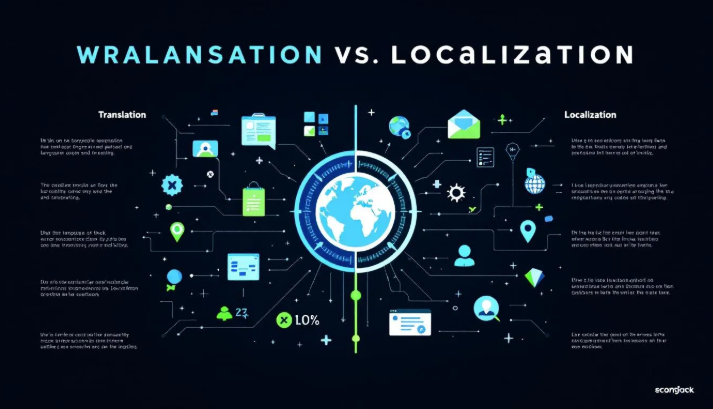Bail Bonds for Juveniles: Special Considerations and Procedures

When a minor is arrested, the legal process looks very different from that of adults. Juvenile justice systems are designed to focus more on rehabilitation than punishment, which affects everything, including how bail bonds are handled. Understanding the special considerations and procedures for juvenile bail bonds is crucial for parents, guardians, and anyone supporting a young person through this difficult time.
How Juvenile Cases Differ from Adult Cases
In most states, juveniles (typically defined as individuals under the age of 18) are processed through a separate court system that emphasizes protecting the child’s privacy and promoting positive outcomes. Unlike adult cases where the focus is on accountability and deterrence, juvenile proceedings prioritize education, rehabilitation, and reintegration into society.
Because of these differences, standard bail procedures often don’t apply in the same way to juveniles. In many cases, there may not be a formal “bail” set at all.
Are Bail Bonds Always Required for Juveniles?
The short answer is no. In juvenile court, detention and release decisions are generally made by a judge shortly after arrest, often during a detention hearing. Factors considered include:
- The severity of the alleged offense
- The juvenile’s criminal history, if any
- School attendance and performance
- Home environment and family support
- Risk of fleeing or committing new offenses
In many cases, juveniles are released to their parents or guardians under certain conditions, without requiring a monetary bond. However, if the court feels that the child poses a significant risk or if the offense is serious (such as violent crimes or repeat offenses), they may be held in a juvenile detention facility or required to post a bond.
When Bail Bonds for Juveniles Are Needed
When a bond is set for a juvenile, the process can resemble adult bail bonds, but with key differences:
- Guardian Responsibility: A parent or legal guardian must typically co-sign any bail bond agreement, taking responsibility for ensuring the juvenile appears at all court proceedings.
- Specialized Bail Agents: Not all bail bond companies handle juvenile cases. It’s important to find a licensed bondsman experienced in juvenile procedures who can navigate the added legal and emotional complexities.
- Privacy Protections: Juvenile court records are often sealed, and extra steps are taken to protect the minor’s privacy throughout the process, including during bail bond filings.
Important Considerations for Families
Navigating the juvenile bail bond process can be overwhelming for families. Here are a few important tips:
- Act Quickly: Juvenile courts typically move faster than adult courts. Immediate action following an arrest can make a major difference in outcomes.
- Consult Legal Counsel: A lawyer specializing in juvenile defense can provide essential guidance and advocacy throughout the process.
- Understand Conditions: If released, the juvenile may be required to follow strict conditions such as curfews, counseling, school attendance, or no-contact orders.
When a young person gets caught in the justice system, the experience can feel frightening and confusing. Understanding the unique aspects of juvenile bail bonds ensures that families can take the right steps to protect their child’s future, and support a path toward recovery and growth.



